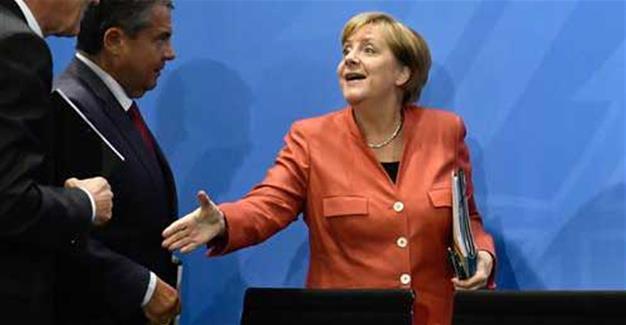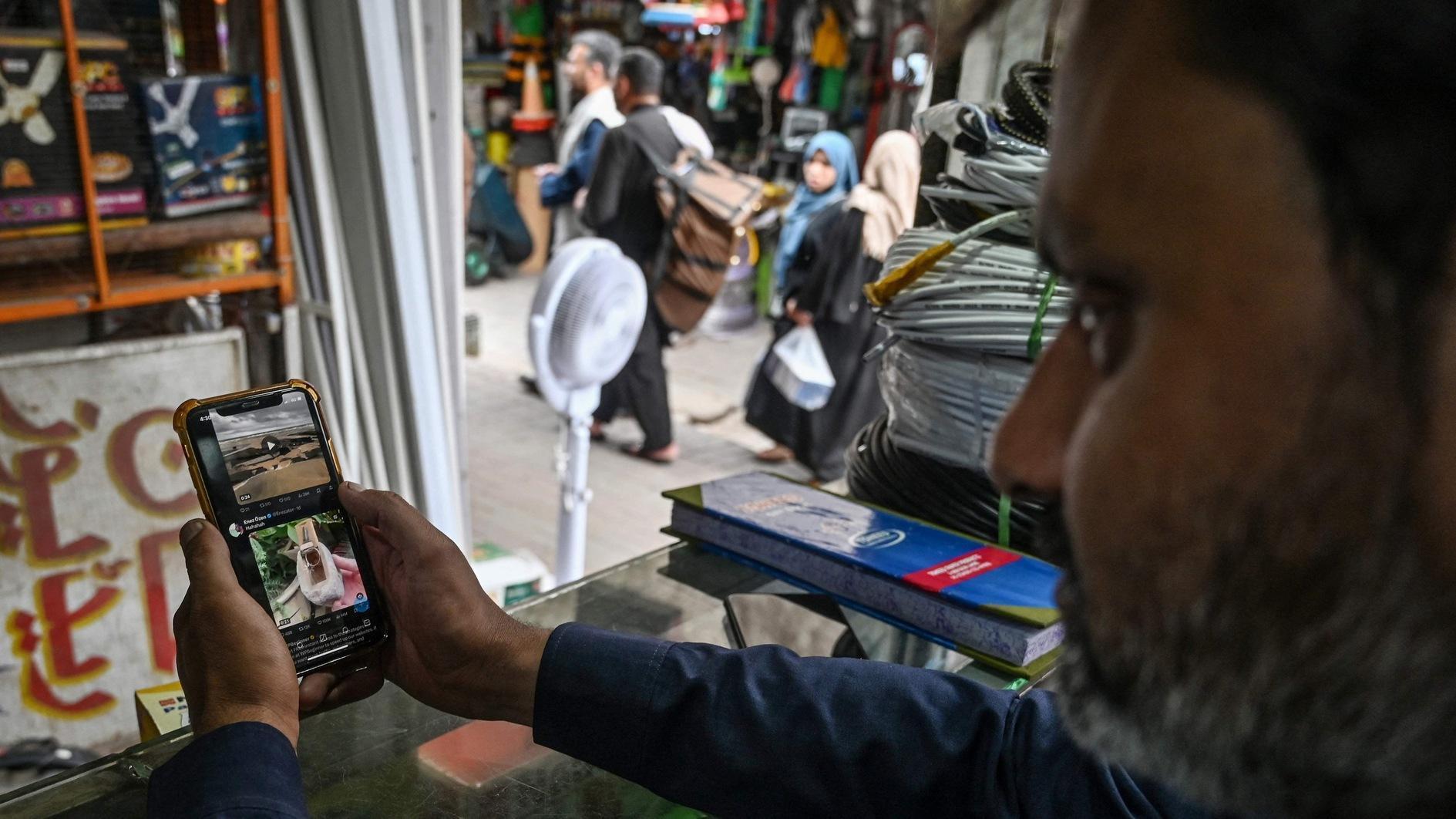No decision on Turkey’s EU talks before polls: Germany
BERLIN
 German Chancellor Angela Merkel’s spokesperson has ruled out an imminent decision on the future of Turkey’s EU membership talks, despite recent campaign calls by the country’s Social Democrats to stop the negotiations.
German Chancellor Angela Merkel’s spokesperson has ruled out an imminent decision on the future of Turkey’s EU membership talks, despite recent campaign calls by the country’s Social Democrats to stop the negotiations.Speaking at a press conference in Berlin on Sept. 4, Steffen Seibert said there won’t be any decision on Turkey’s EU membership talks before Germany’s general elections later this month.
“So the issue will only be up for debate after the Bundestag election,” he said in a regular government news conference, referring to the Sept. 24 election at which Merkel is seeking a fourth term.
“The Chancellor’s words speak for themselves,” Seibert said.
Merkel, arguably the most influential politician in the European Union, promised during the Sept. 3 television debate to speak to other EU leaders “so that we can end these accession talks.”
Seibert, softening her remarks, said Turkey was not ready to join the EU—for now; a formulation that would be accepted even by those backing eventual Turkish accession.
“At the moment, Turkey is not at all in a position to join the European Union,” he said.
“In fact, the negotiations are dormant at the moment,” he added.
On Sept. 4, the Turkish Foreign Ministry, while making no direct threat to back out, reminded Germany of an agreement between Ankara and the EU that has stemmed a flood of migrants from conflict zones from reaching Europe, no less Germany, via Turkey.
Merkel appeared bounced into sharpening her rhetoric on Turkey during the Sept. 3 debate when her main challenger Martin Schulz vowed to stop Ankara’s bid to join the EU if he were elected chancellor.
Merkel, who has been at odds with President Recep Tayyip Erdoğan on many fronts over the last year, at first rejected such a direct approach but returned to the matter later, saying “the fact is clear that Turkey should not become a member of the EU.”
Turkish Presidential Spokesperson İbrahim Kalın accused mainstream German politicians of “indulgence in populism” on his Twitter feed.
“It is not a coincidence that our President Erdoğan was the main topic of the debate,” he said, suggesting they were simply diverting attention from more serious political problems.
“Germany and Europe’s attacks on Turkey/Erdogan...are reflections of the narrowing of their horizons.”
The exchange inflamed ties with Ankara already strained following last year’s failed coup. Twelve German citizens, four with dual citizenship, have been detained in Turkey on political charges. The German government said on Sept. 4 that one person had been released.
Last month, Erdoğan said Merkel’s Christian Democratic Union (CDU), Schulz’s SPD and the Greens were all “enemies of Turkey” and encouraged Turkish voters in Germany not to vote for them.
















